
HAVANA, Cuba , September 25, 2013 , www.cubanet.org.- On September 4 , the Mayabeque Provincial Prosecutor accused Yaíma Nach Remedios and her stepson, Yasmany Torres Hernández, for allegedly convincing other people to illegally leave the country, in exchange for money and help to build a boat.
Yaíma (with no criminal record) and Yasmany, a young man only 23 and with no criminal record, face charges of 4 and 5 years in prison, respectively. Cuban courts impose penalties of up to eight years in prison on those enter, try to leave or leave the country, “without completing legal formalities.”
Nach Remedios — who does not belong to any opposition organization –claimed Wednesday that only false witnesses could suggest it was only she and her stepson who organized the departure. “We and 14 other people, by mutual agreement, tried to reach the United States,” she confessed.
They have used us as guinea pigs, as the other crew members are free and without charges,” she lamented.
Among the four witnesses that the prosecution called to testify, there is a coastguard and a first lieutenant instructor from the Unit of Crimes against State Security.
Tragedy on the high seas
On March 7, 2013, Yaíma and a group of 15 people threw a boarded a makeshift boat with an engine, with the dream of reaching the coast of the United States. According to what they said, they were sailing for three days and three nights, but during the voyage they were surprised by a storm.
“We try to return to find land, and wait for the calm, but all the shores had dog-teeth (sharp rocks) At 9:00 at night, the board turned around Yaima said, in a loud voice and with watery eyes, without starting to cry.
“Everyone tried to get out of the water to go their own way,” Yasmany continued. One of us never appeared. It was almost dawn when we found Yaima with her ankle cut up and bleeding. Given that, we decided to give ourselves up to save her.”
Today Yaima walks with a prosthesis on her left leg. Her husband, who had nothing to do with the events, was detained for four months, before being released for lack of proof against him.
Currently, the penalties are suspended by the migration agreements between Cuba and the United States, with respect to emigrating Cubans intercepted on the high seas by the American authorities, or who illegally enter the Guantanamo Naval Base.
The U.S. Government promised to return them to Cuba and on the Cuban side the promised not to take legal reprisals against them, on their return to their place of residence on the Island.
From Cubanet
25 September 2013

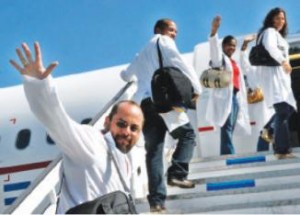
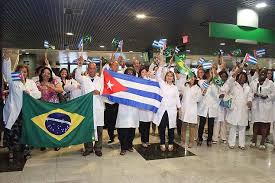
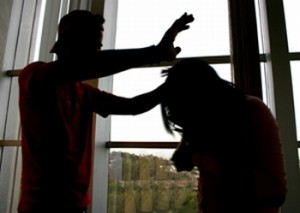
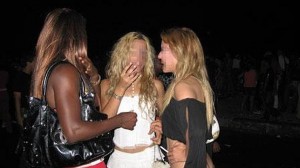
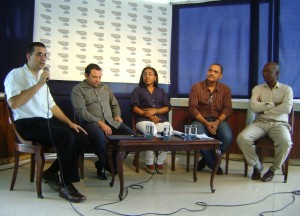

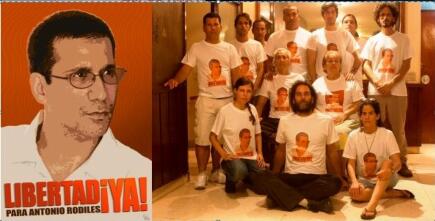

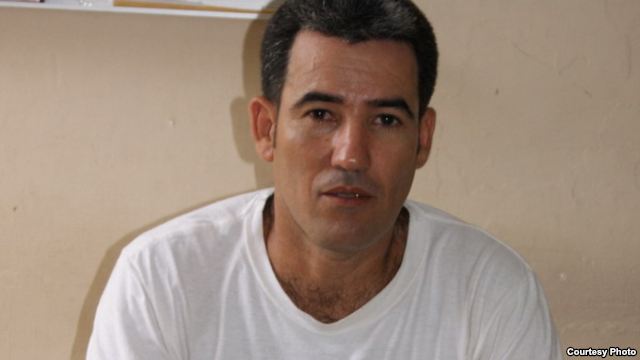
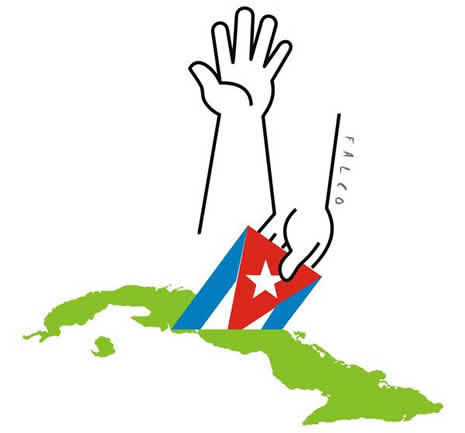 By Yaremis Flores
By Yaremis Flores